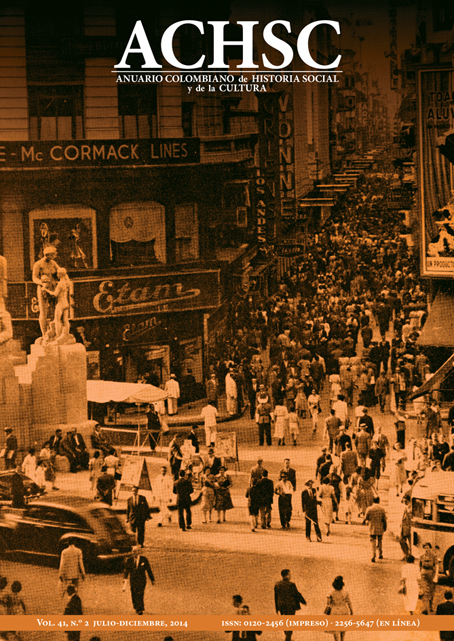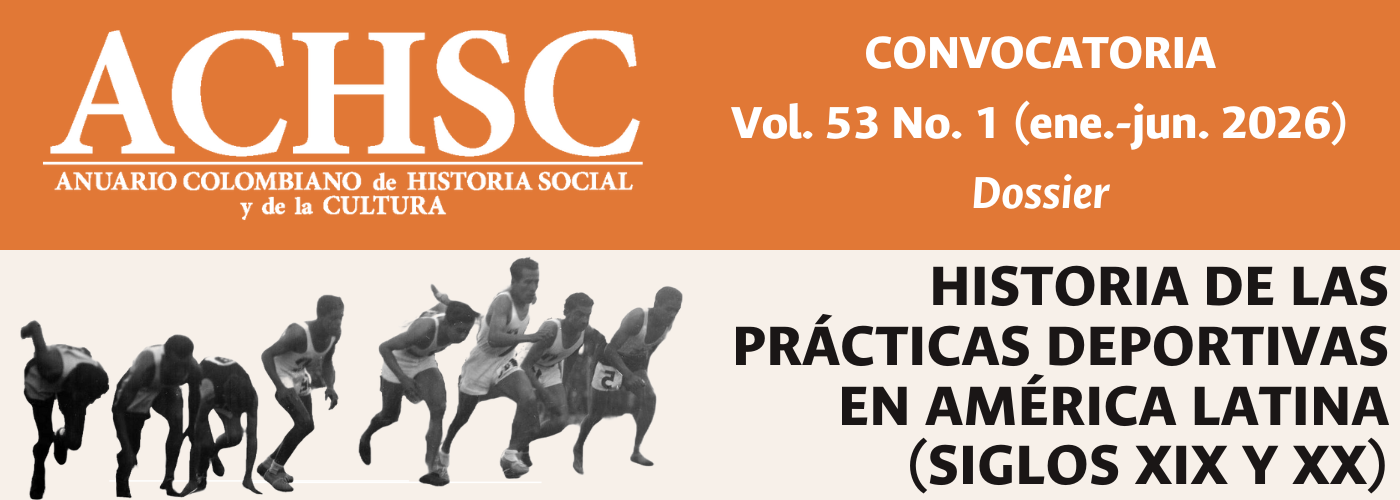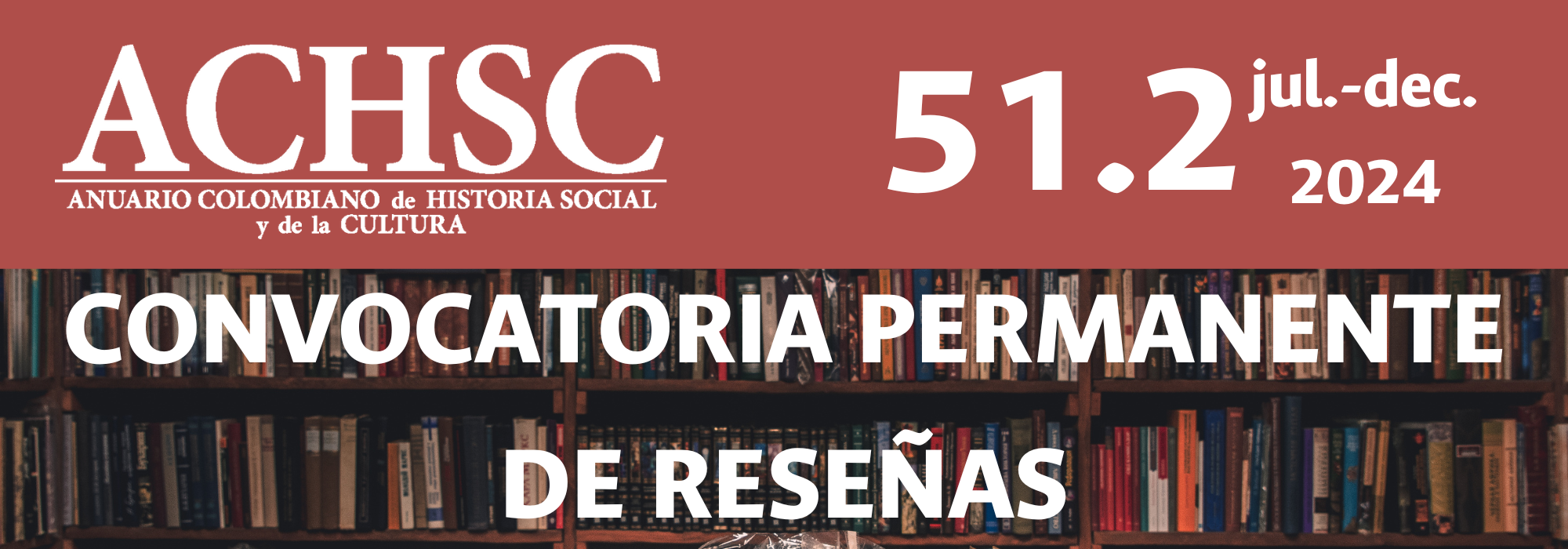Darlene J. Sadlier. Americans All. Good Neighbor Cultural Diplomacy in World War II.
DOI:
https://doi.org/10.15446/achsc.v41n2.48793Descargas
This publication adds to a rapidly growing volume of scholarship on U.S. cultural diplomacy. Most of this scholarship focuses on the Cold War and on Europe. This volume, in turn, is concerned with a lesser-known episode that came to fruition during World War II and that focused not on Europe but on Latin America. As Nazi German troops entered Paris, the Franklin D. Roosevelt administration set out to launch a massive campaign to win hearts and minds for inter-American cooperation and solidarity. This campaign came to be spearheaded by an emergency agency, the Office of the Coordinator of Inter-American Affairs or CIAA. Headed by the young multimillionaire and entrepreneur Nelson A. Rockefeller, the CIAA existed for only six years, but during its brief existence it helped to construct a dense State-private network that managed cultural relations with foreign countries and that continued to operate and expand long after the war was over. Of course, by then Latin America was no longer at the center of geopolitical attention. Well before the end of hostilities, the State Department began to prepare for the winding down of the CIAA’s cultural programs. The agency itself was abolished in 1946. With the onset of the Cold War, the State-private network reshuffled, its main attention now focusing elsewhere and mainly on Europe.

























